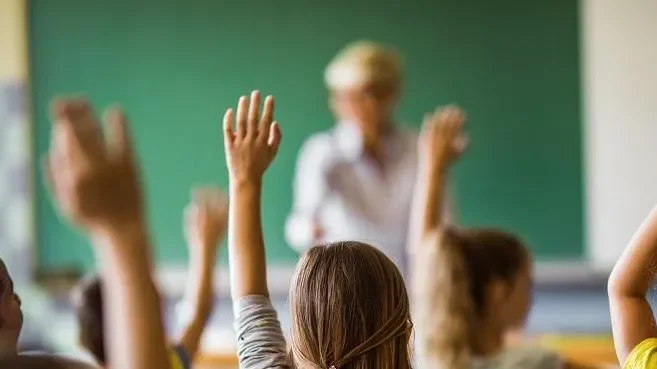

DCU research reveals challenges of school closures on children with autism
In addition, over two-thirds of children engaged in new Covid related behaviours during this period such as refusing to leave the family home, a new fear of death, excessive handwashing and hygiene routines, and an obsession with news coverage of the pandemic.
The findings are part of an ongoing investigation led by Dr. Sinéad Smyth in the School of Psychology in DCU’s Faculty of Science and Health, that looks at the current and long term impacts of Covid-19 related restrictions on children with autism and their families.
This is the second report of the Autism Specific Transition Resources (T-Res) study and followed on from a study of the early days of the pandemic by focusing on the period from September 2020 to February 2021, as schools reopened and then shut again as the country went into a third lockdown. However, when compared with the first piece of research, this second report found a return to school a far smoother transition for children and their families, with a third finding the experience far more positive than in previous years.
“The return to school in September 2020 was bound to be tricky for children with autism and their families but was really well managed by the schools. One third of children found that the preparations made the return to school smoother than in other academic years despite the length of time out of that routine. However, the impacts of the first and second school closures can be seen in the behaviours of children including more refusing to go to school once it reopened as well as declines in skills during the school closures,” said Dr. Smyth. “We also know that this has impacted on parents. Parenting stress can generally be higher in parents of autistic children relative to other parent groups and this was seen in our respondents, the majority of whom - 94%- were mothers.”
The research, which surveyed 85 parents of 98 children aged 18 and under, highlights the strain of restrictions on behaviour, skills and abilities. Anxiety was the most prevalent issue raised by half of all parents surveyed. Issues around routine and sleep were raised by 36.8% of participants while emotional regulation was a problem in almost a third - 30.8% - of children.
“Difficulty in regulating emotion increased for many children. For some this meant increases in behaviours like acting out physically toward others or the environment as well as engaging in self-injury” added Dr. Smyth. “I am also keen to acknowledge an increase in skills in nearly 30% of children, particularly in relation to daily living routines and behaviour, perhaps due to the extra time spent at home. However positive this is, a decline in skills was reported by the majority.
But it is clear from these findings that children and their parents are experiencing a multitude of unique challenges, as a result of the pandemic restrictions, continuous uncertainty amid imposition, relaxation and re-imposition of restrictions and closures.”
Key findings from the school period September 2020 to February 2021
- Parents of 73% of students reported their children faced specific challenges in the weeks leading up to and after the return to school.
- The most prevalent issues or challenges for children revolved around routine and sleep and emotional regulation.
- Children faced an increased difficulty in understanding and adhering to social distancing and public health guidelines.
- An overall decline in skills and abilities was reported for 63.3% of children.
- However, improvements in skills and abilities were reported in almost 30% of children.
- A deterioration in anxiety levels was observed in almost 13% of children.
- Daily living skills and toileting declined in almost 21% of students while routine and sleep problems were observed in over 23% of children.
